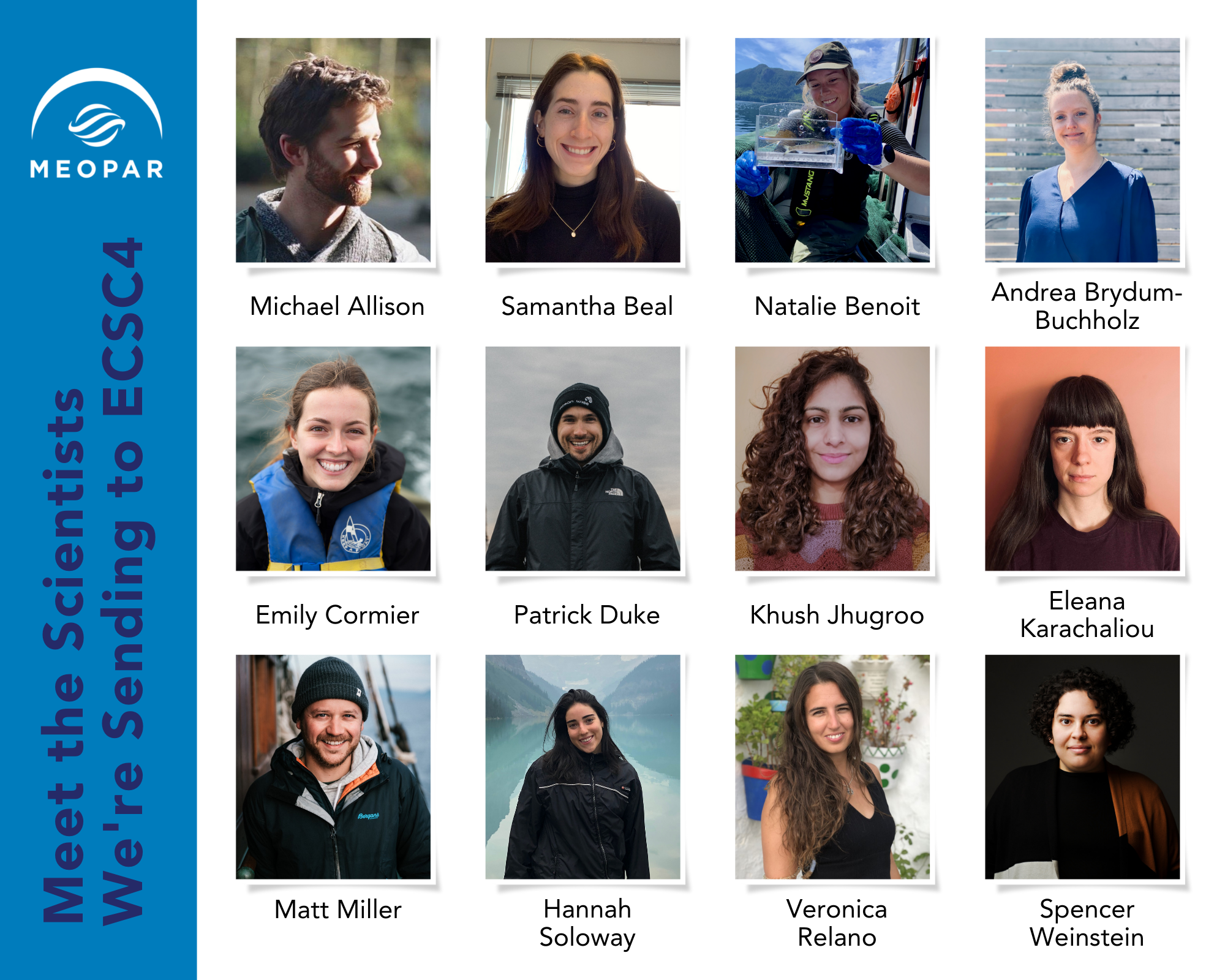
MEOPAR is pleased to announce we’ll be supporting 20 Early Career Canadian Scientists in heading to the 4th ICES-PICES Early Career Scientists Conference (ECSC4), taking place in St. John’s, Newfoundland from July 18-21, 2022.
The conference will facilitate international networking and collaboration under the United Nations Decade of Ocean Science for Sustainable Development, with participants attending from nearly 30 different countries!
As part of this sponsorship, MEOPAR will also be hosting an engaging networking event including a panel discussion with ocean professionals at various stages in their careers, followed by social networking BINGO.
Learn more about some of the Early Career Scientists’ we’re supporting:
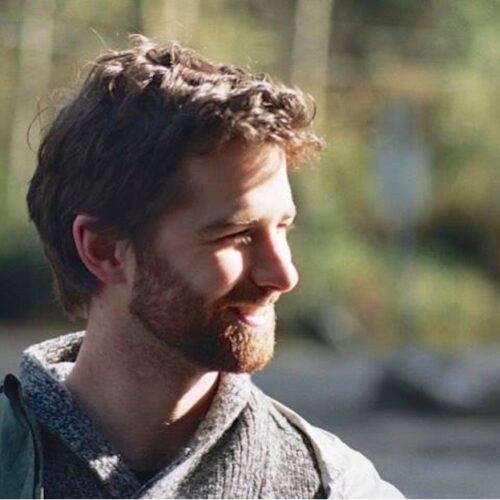
Michael Allison
Michael has been developing environmental DNA methods in the Helbing lab at the University of Victoria since completing his Bachelor of Science in 2017. In his thesis he is applying eDNA and transcriptomic approaches to study the health of a critically threatened fish called Oolichan on the West coast of Canada. He is honored to be collaborating with the Haisla First Nation and several other research groups in advancing these molecular tools.
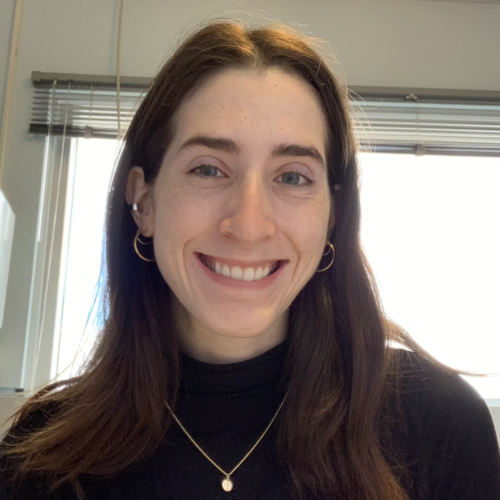
Samantha Beal
Samantha is currently pursuing her MSc in biology at Dalhousie University where she is working to develop environmental DNA into a biodiversity monitoring tool, using the endangered, endemic Atlantic Whitefish as a model species. This non-invasive tool is a promising alternative to traditional fish monitoring methods.
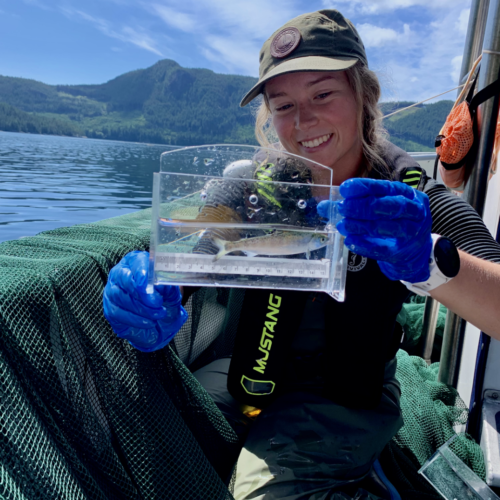
Natalie Beniot
Natalie is a master’s student at the University of British Columbia studying environmental DNA’s applications to monitoring juvenile Pacific salmon during their outmigration. Her work is based out of the highly dynamic waters of the Discovery Islands in British Columbia, Canada where she is attempting to correlate fish abundances with DNA concentration. Outside of fisheries science, Natalie is an avid mountain biker, skier, and runner.

Andrea Brydum-Buchholz
Andrea is a Postdoctoral Fellow at the Fisheries and Marine Institute, Memorial University of Newfoundland, with the Ocean Frontier Institute and MEOPAR. Her research interests lie in understanding potential future changes in marine ecosystems due to ongoing climate change, and in assessing consequences as well as solutions for fisheries management and marine biodiversity conservation in a changing ocean. Andrea is interested in finding unconventional outlets to communicate her research, is a passionate writer, and has been an academic writing advisor for the past four years. Before starting at MUN, Andrea was a Postdoctoral Fellow at Dalhousie University, Canada. She received a PhD in Marine Biology from Dalhousie University, an MSc in Aquatic Ecology from Lund University, Sweden, and an Honours BSc in Biology from the University of Tübingen, Germany.
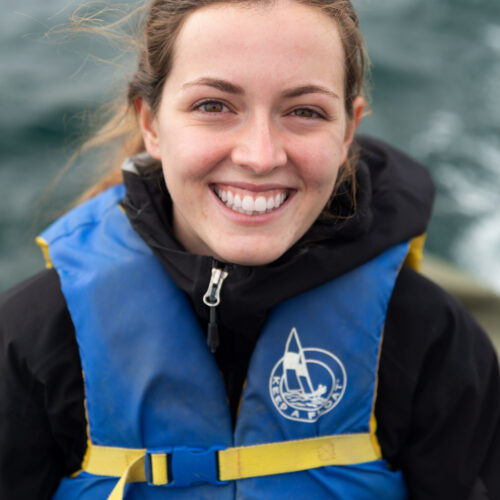
Emily Cormier
As a master’s student at Dalhousie University, Emily is passionate about the study of elasmobranch (shark and ray) movement ecology. She’s especially interested in the use of technology as a tool for determining critical habitat, to inform the effective placement of marine protected areas. In her current project, she’s using satellite remote sensing to characterize coastal and benthic habitats. By pairing created habitat maps with shark species tracking and sightings data, she hopes to increase current knowledge of at-risk shark species distributions.
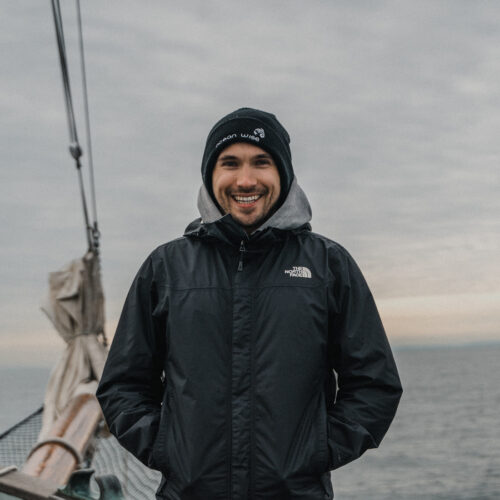
Patrick Duke
Patrick is currently in his PhD studying how the ocean mitigates climate change and is impacted by human emissions. Patrick is also a sustainability leader in his community, focused on training people to combat climate change through art, policy, and innovation.

Khush Jhugroo
Khush is a postdoctoral fellow in coastal physical oceanography at the Hakai Institute and UBC. She’s investigating shelf sea processes and coast-to-open-ocean connectivity using underwater glider observations. Besides having a big interest in coastal oceanography, Khush is also passionate to learn about human-ocean interactions, a sustainable blue economy, interdisciplinary work and science communication.

Eleana Karachaliou
Eleana is a PhD candidate at the University of Manitoba, working on anadromous sea lamprey population structure, demographic history, and their implications on conservation. She’s also working on a synthesis project on human-caused and environmental drivers of genetic diversity in global marine fish species.
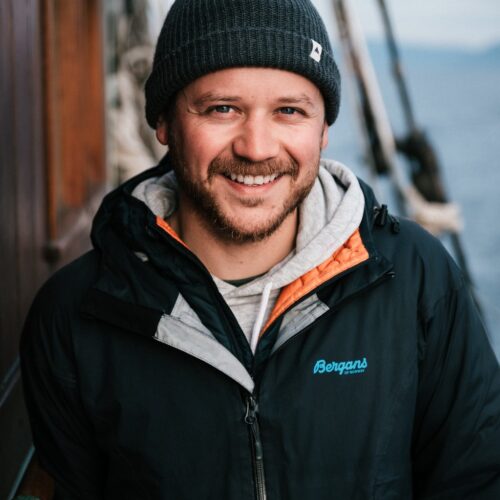
Matt Miller
Matt is a PhD Candidate at the University of Victoria studying ocean acidification and its impact on pteropods. Matt has a passion for science communication and educating people about the ocean and nature. Outside of his studies, Matt is an avid hiker, scuba diver, and gardener, and helps run the Surfrider Foundation UVic Club, a non-profit mainly focused on reducing plastic pollution.
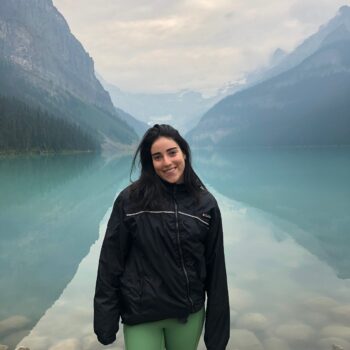
Hannah Solway
Hannah Solway is a Marine and Conservation Biologist out of Dalhousie University who is currently researching ship strikes to large whales in the Northwest Atlantic Ocean. This project will likely have several policy and management applications and ultimately contribute to the protection of the severely endangered large whales of the Northwest Atlantic.
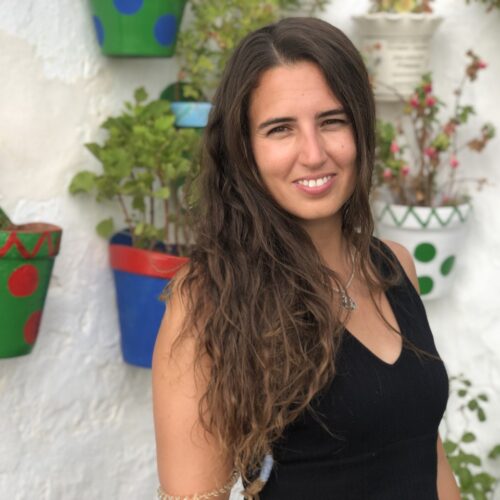
Veronica Relano
Veronica is a PhD candidate at the Department of Oceans and Fisheries at the University of British Columbia. Her research focuses on marine conservation and the socio-ecological issues resulting from the mismanagement of marine resources. She’s very interested in marine connectivity, conservation psychology and a better understanding of how to communicate conservation actions to a broader audience to achieve change on the ground. She’s also contributing her research-skills to advance the work of the Sea Around Us initiative led by Dr Daniel Pauly.

Spencer Weinstein
Spencer Weinstein is a PhD student at the University of Waterloo. She is engaged in community-partnered research in Kugluktuk, Nunavut, using mixed methods to study the diversity of chars in a river that is critically important for subsistence fishing. The Canadian Arctic is experiencing rapid environmental change, and this research will be used to inform localized conservation and management plans.

